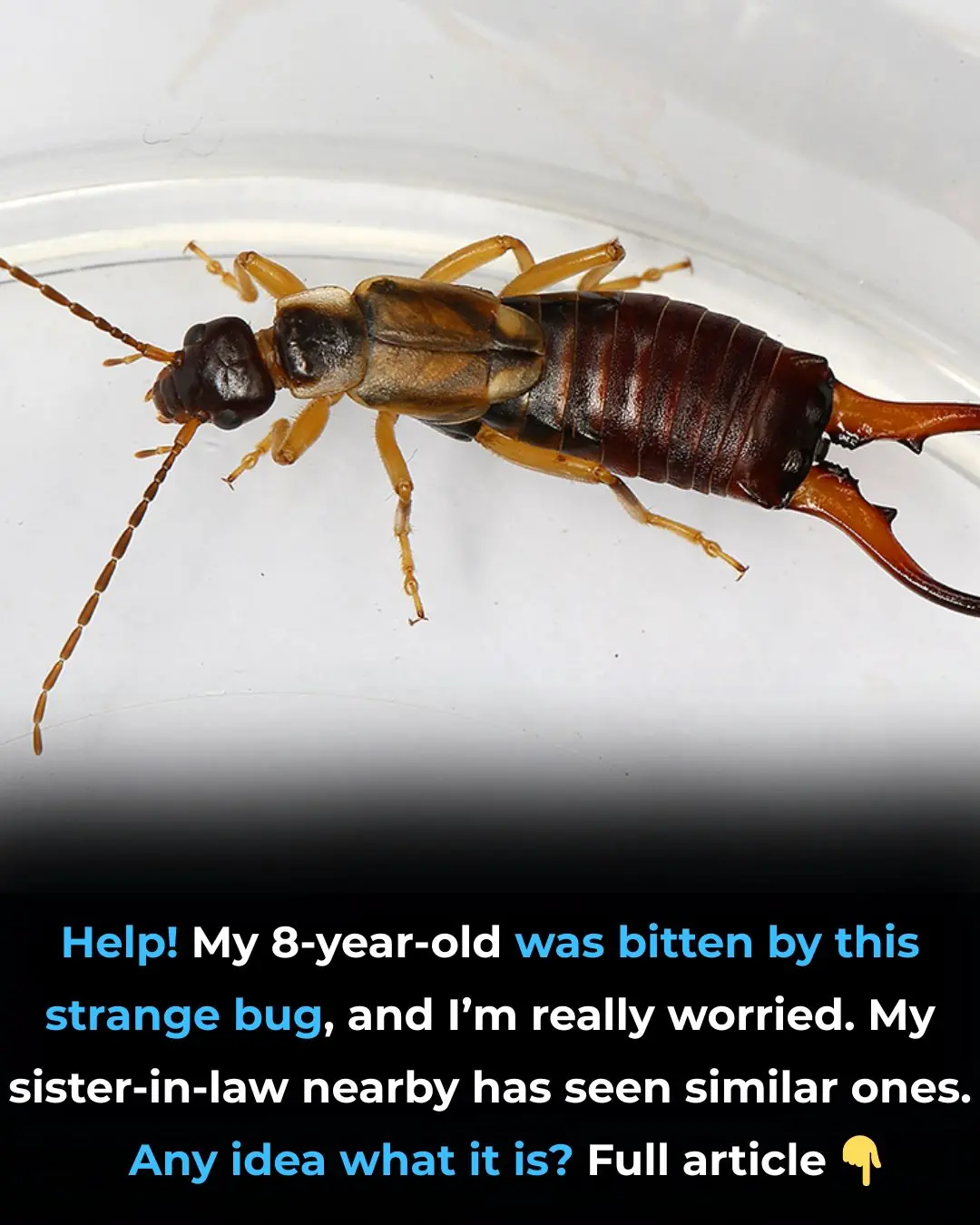
Keeping these 4 things on your bedside table can easily cause insomnia and hair loss
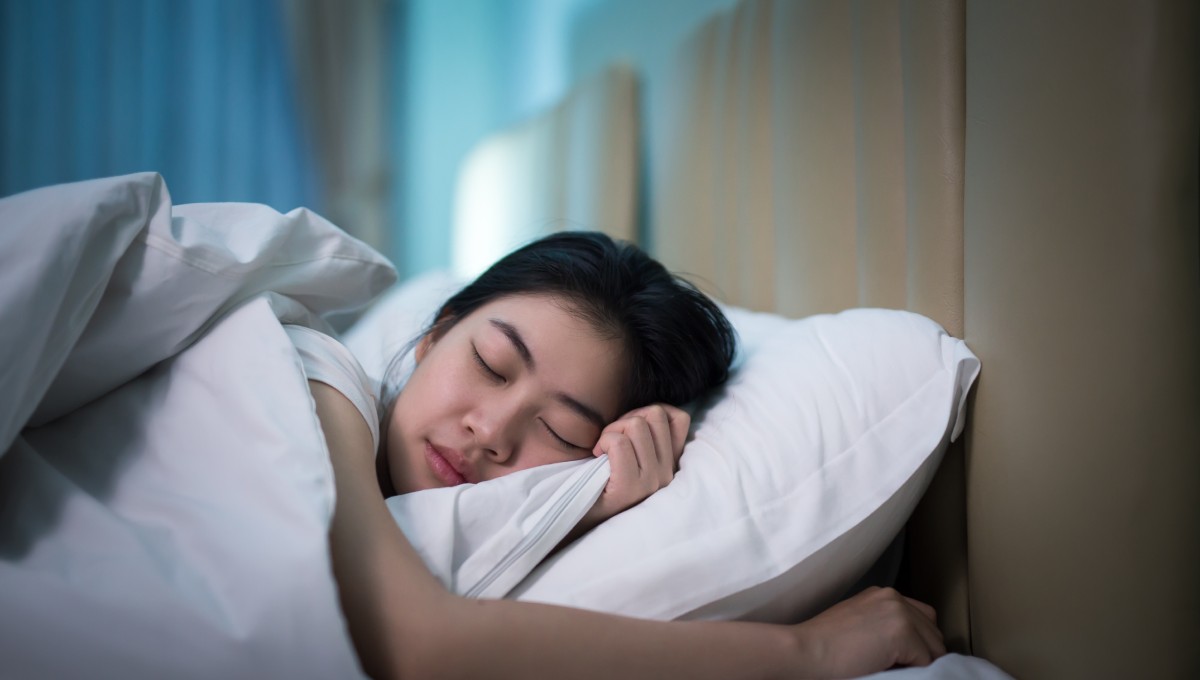
Most people think of their bedside table as a place for convenience — a lamp, a phone, maybe a favorite book. But what many don’t realize is that the objects you keep next to your bed can quietly sabotage your sleep quality and even your hair health.
Sleep and hair growth are deeply connected. During deep sleep, your body regulates hormones, repairs tissues, and boosts blood circulation — all essential for strong, healthy hair. When that rest is disrupted, your body produces more stress hormones like cortisol, which can trigger both insomnia and hair shedding.
Below are four common items that could be doing more harm than good while you sleep — and how to fix it.
📱 1. Mobile Phones and Electronic Devices
Why It’s Harmful
Your smartphone, tablet, or even digital alarm clock emits blue light and electromagnetic radiation (EMF). Blue light disrupts your body’s production of melatonin, the natural hormone that signals your brain it’s time to sleep. Without enough melatonin, falling and staying asleep becomes harder.
Meanwhile, EMF exposure near your head can slightly increase oxidative stress, contributing to hormonal imbalance and even affecting hair follicles over time.
Lack of deep, restorative sleep raises cortisol levels, which weakens the scalp’s microcirculation — reducing the nutrients and oxygen delivered to your hair roots. The result? Thinner, weaker strands and excessive shedding.
💡 Tip: Keep your phone at least one meter (3 feet) away from your bed. Switch it to airplane mode or use a simple alarm clock instead. Avoid scrolling before bed — try reading a paper book or journaling to help your brain unwind naturally.
🕯️ 2. Artificially Scented Candles and Air Fresheners
Why It’s Harmful
That relaxing aroma in your bedroom might not be as harmless as it seems. Many scented candles, plug-in diffusers, and aerosol sprays contain synthetic chemicals such as formaldehyde, benzene, and toluene. These compounds release volatile organic compounds (VOCs) that pollute your indoor air.
Breathing them in for hours — especially in a closed room — can irritate your respiratory system, increase inflammation, and disrupt your body’s circadian rhythm. Over time, chemical exposure may heighten oxidative stress, which damages the scalp’s cells and weakens hair follicles.
💡 Tip: Replace artificial fragrances with natural essential oils like lavender, chamomile, or sandalwood. Use them sparingly in a diffuser or diluted with water. Even better, open a window for a few minutes before bed to let in fresh air.
☕ 3. Coffee or Caffeinated Drinks
Why It’s Harmful
That late-night cup of coffee, chocolate, or energy drink might be quietly robbing you of deep rest. Caffeine blocks adenosine receptors in your brain — the very receptors that help you feel drowsy. Even a small dose of caffeine in the evening can keep your nervous system stimulated for hours.
Sleep deprivation affects circulation and nutrient delivery to your scalp, making it harder for hair follicles to stay healthy. Over time, poor sleep also disrupts the hair growth cycle, pushing more hairs into the “shedding” phase (telogen).
💡 Tip: Avoid caffeine at least 6–8 hours before bedtime. Swap your late-night beverage for herbal teas such as chamomile, valerian root, or lemon balm. These naturally calm your nervous system and promote better rest.
💊 4. Certain Medications or Supplements
Why It’s Harmful
Some over-the-counter products that seem harmless can interfere with your sleep without you realizing it. Painkillers, decongestants, or sleep aids containing caffeine or stimulating ingredients can make it harder to fall asleep naturally.
Even vitamin supplements — especially high doses of vitamin B12 or D taken at night — can increase alertness and disrupt your sleep cycle. Over time, poor rest impacts hormonal balance, raising cortisol and triggering stress-related hair loss.
Certain prescription drugs can also influence hair growth or thinning due to changes in hormone levels or nutrient absorption.
💡 Tip: Take your supplements in the morning or with breakfast, unless your doctor advises otherwise. Never self-prescribe sleep medications; instead, discuss safer options with your healthcare provider.
🌙 Final Thoughts
A calm, clutter-free sleep environment isn’t just good for relaxation — it’s essential for your hormonal balance, skin regeneration, and hair growth.
Try simplifying your bedside area. Keep only the essentials:
-
A glass of water
-
A paper book or journal
-
A drop of natural essential oil for calmness
Your bedroom should feel like a sanctuary, not a workspace or charging station. By removing these four hidden sleep disruptors, you’ll give your body — and your hair — the restorative rest it truly deserves.
✨ Remember: Beautiful hair starts with a peaceful mind and deep, uninterrupted sleep.
News in the same category

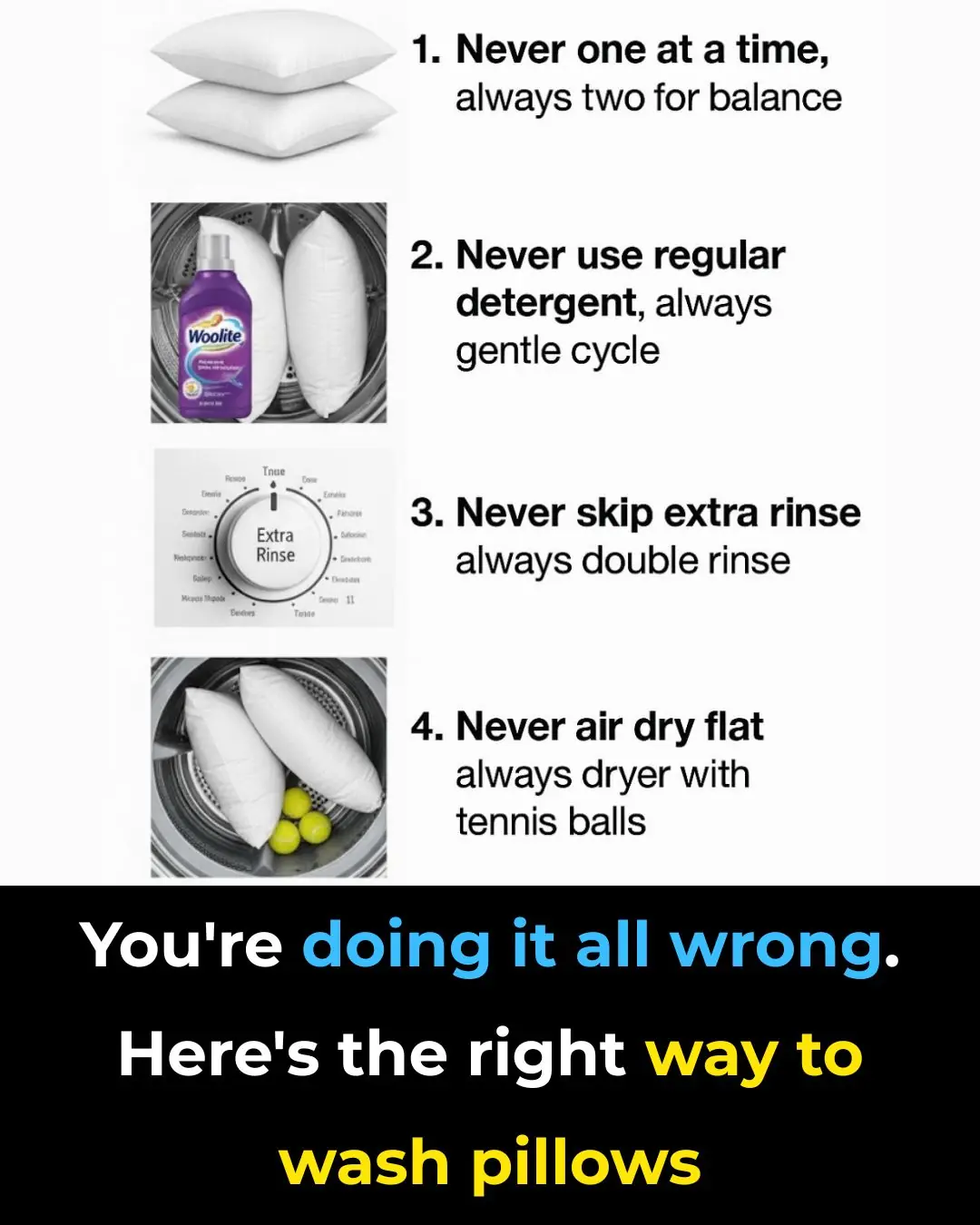
You’re doing it all wrong. Here’s the right way to wash pillows
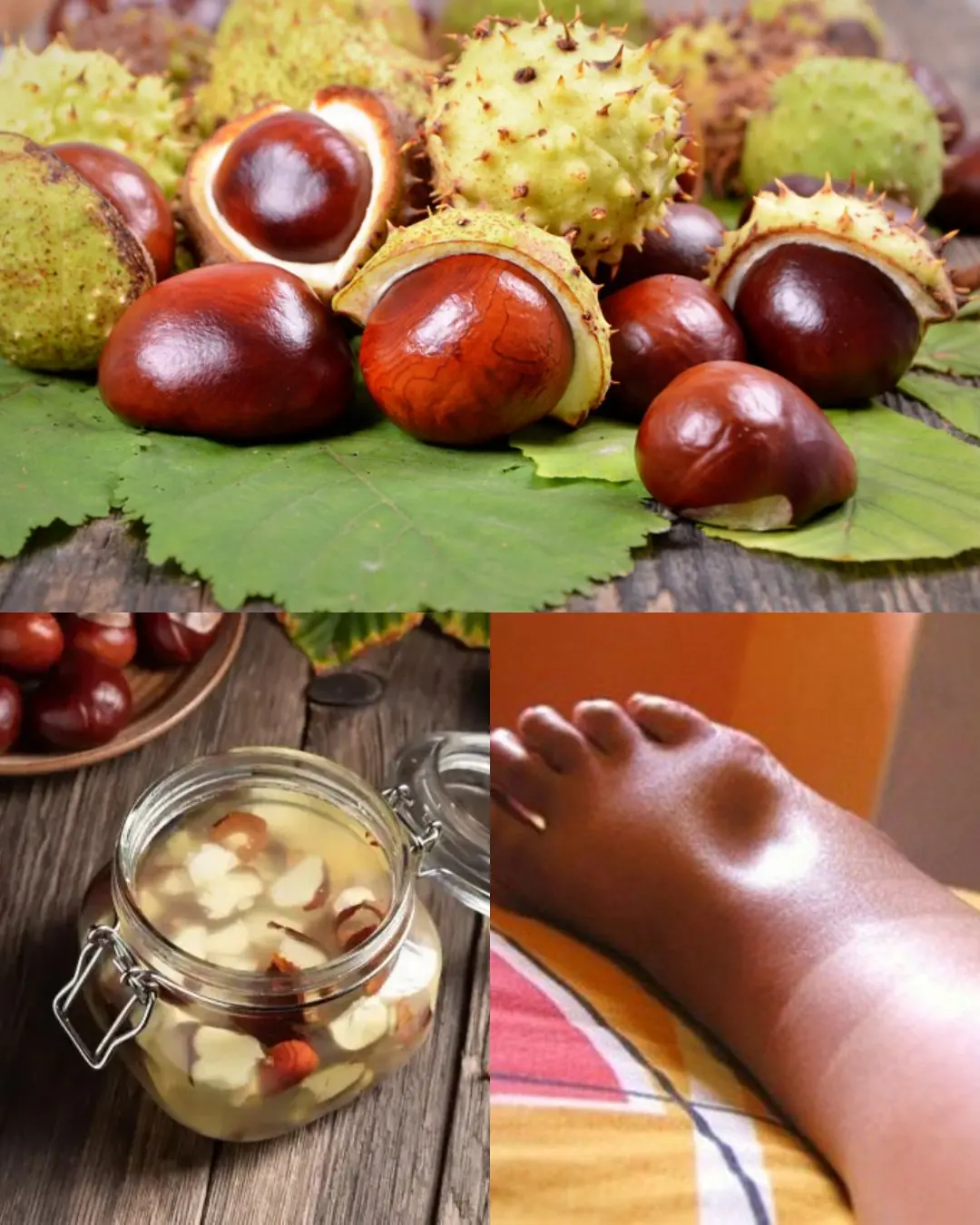
Horse Chestnut: The Strongest Natural Remedy for Swollen Legs and More…
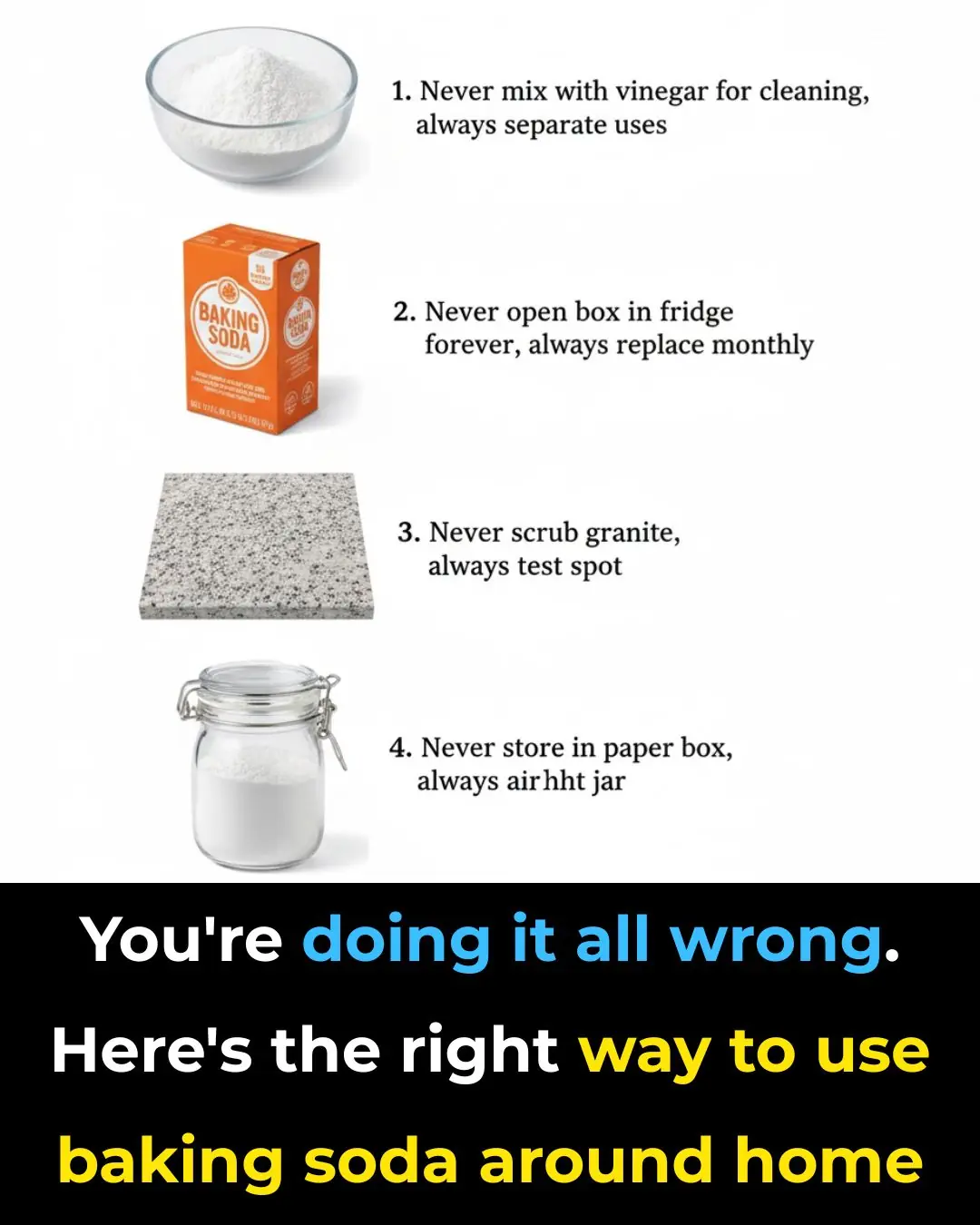
These ideas are brilliant
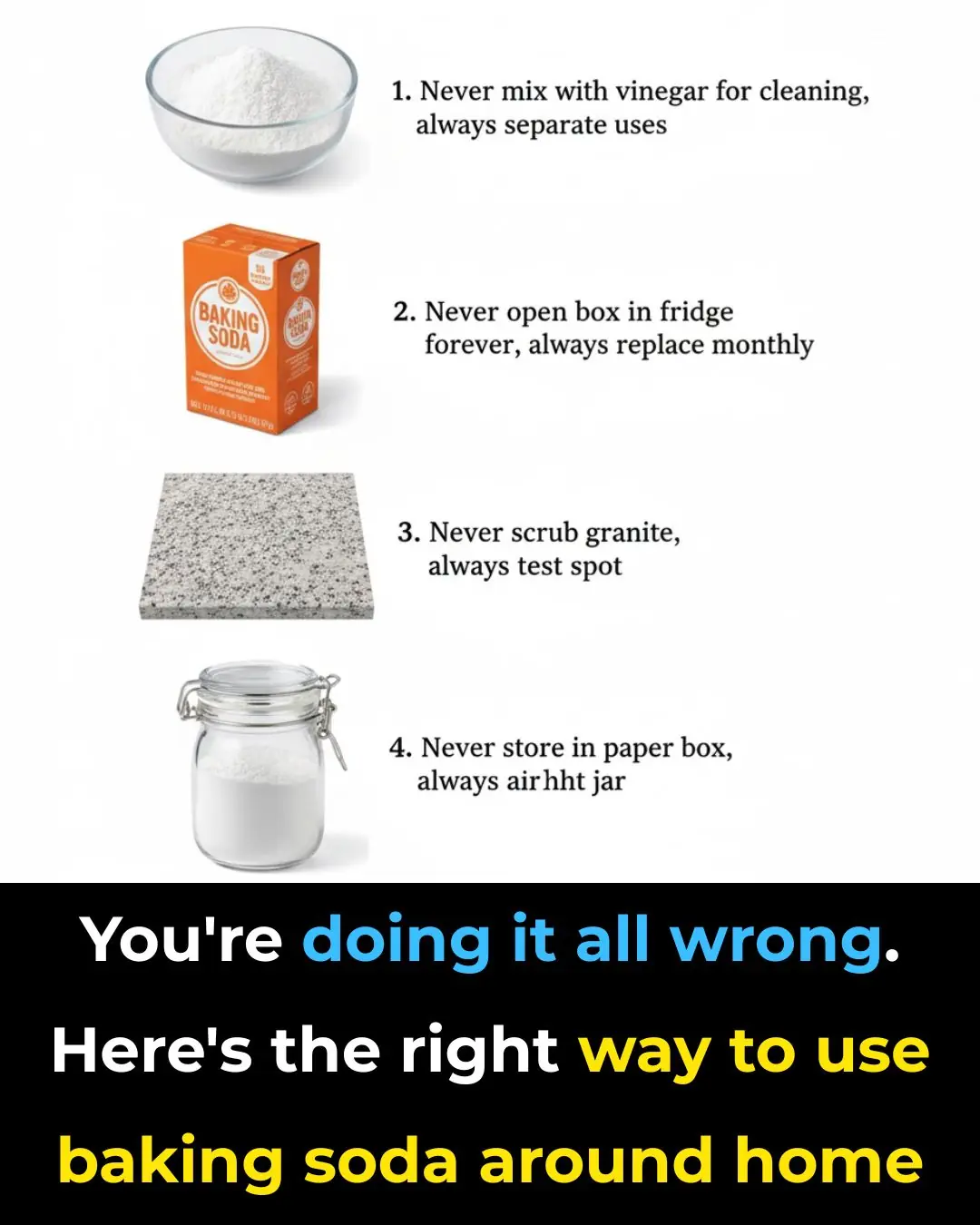
You’re doing it all wrong. Here’s the right way to use baking soda around home
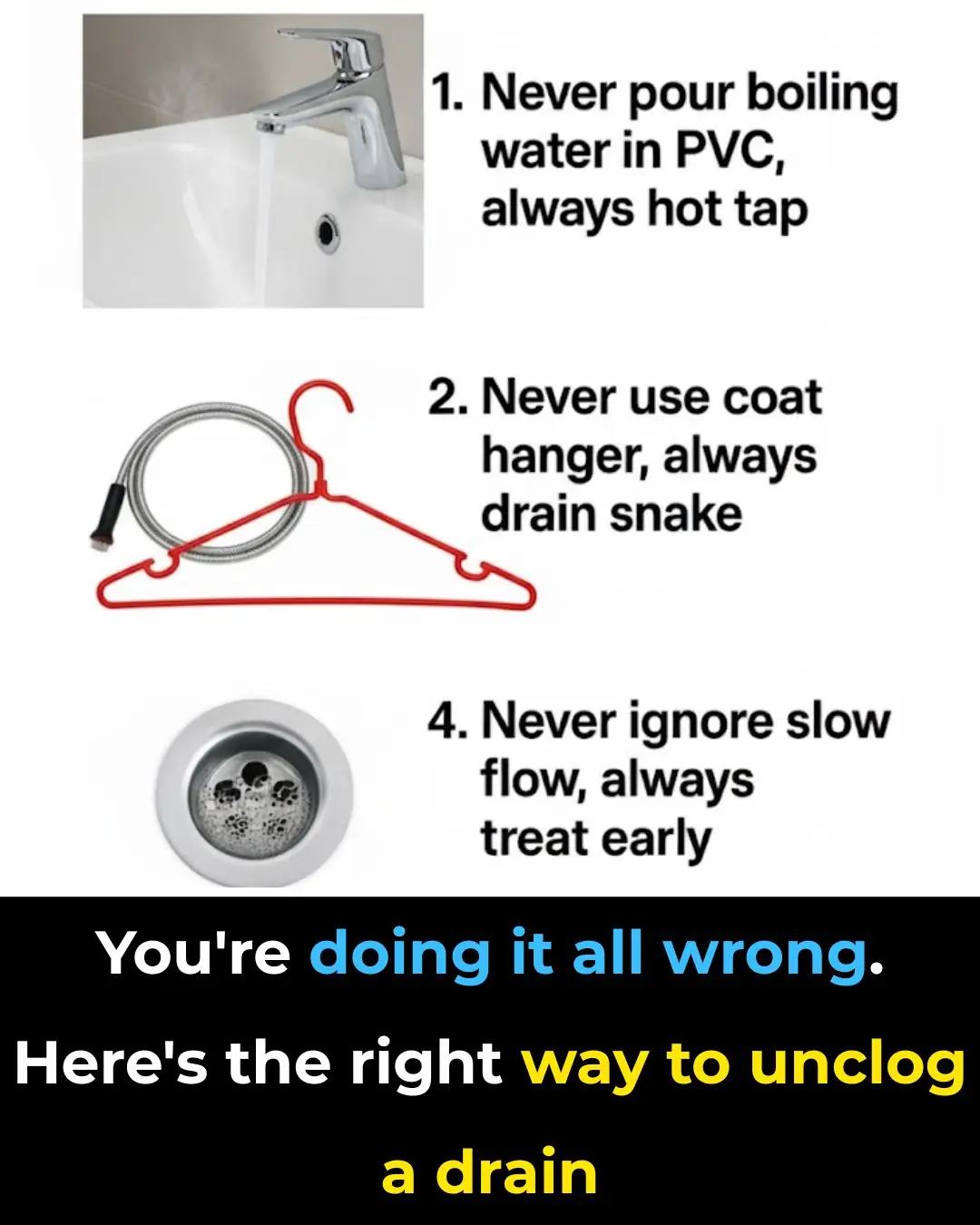
You’re doing it all wrong. Here’s the right way to unclog a drain
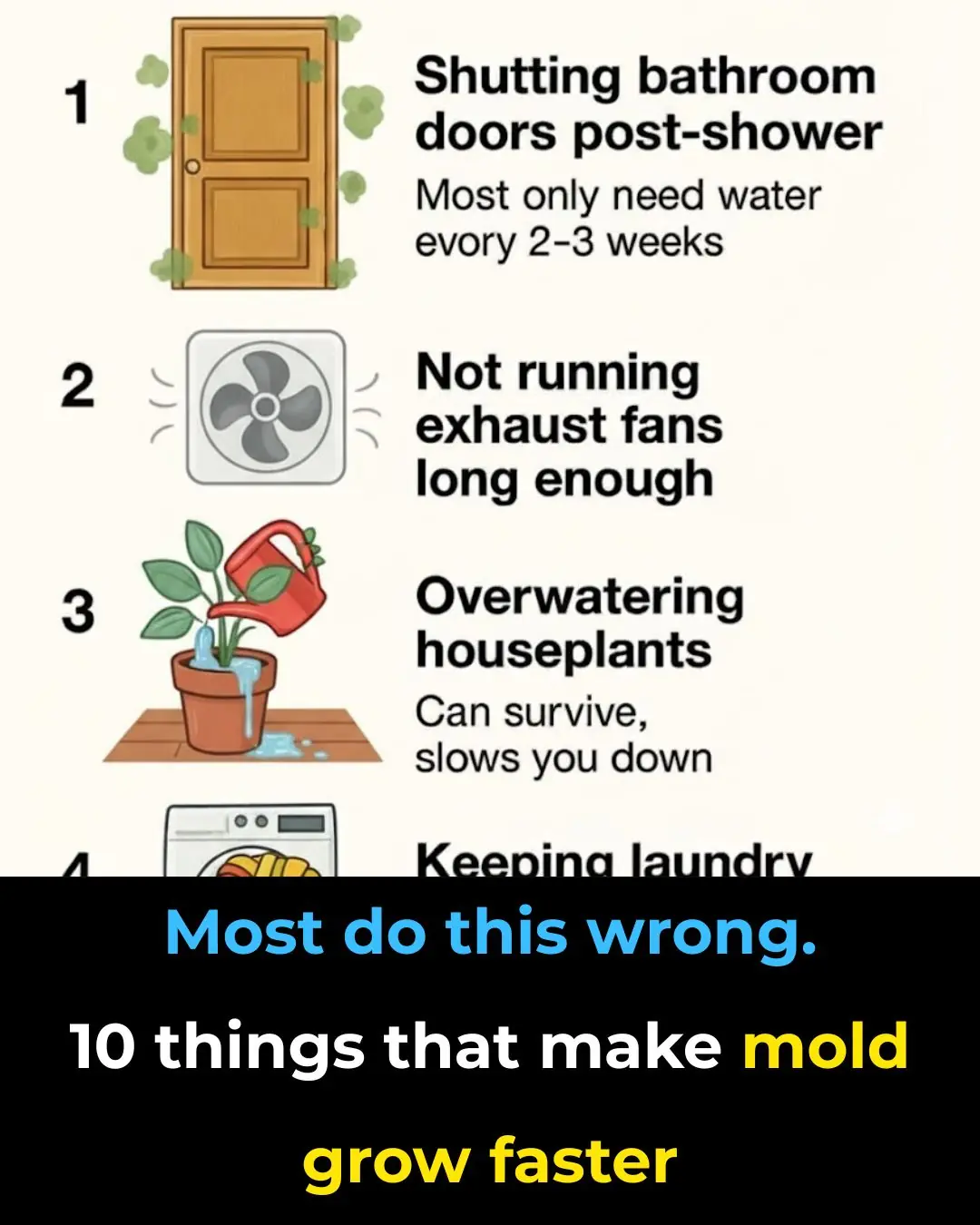
Most do this wrong. 10 things that make mold grow faster
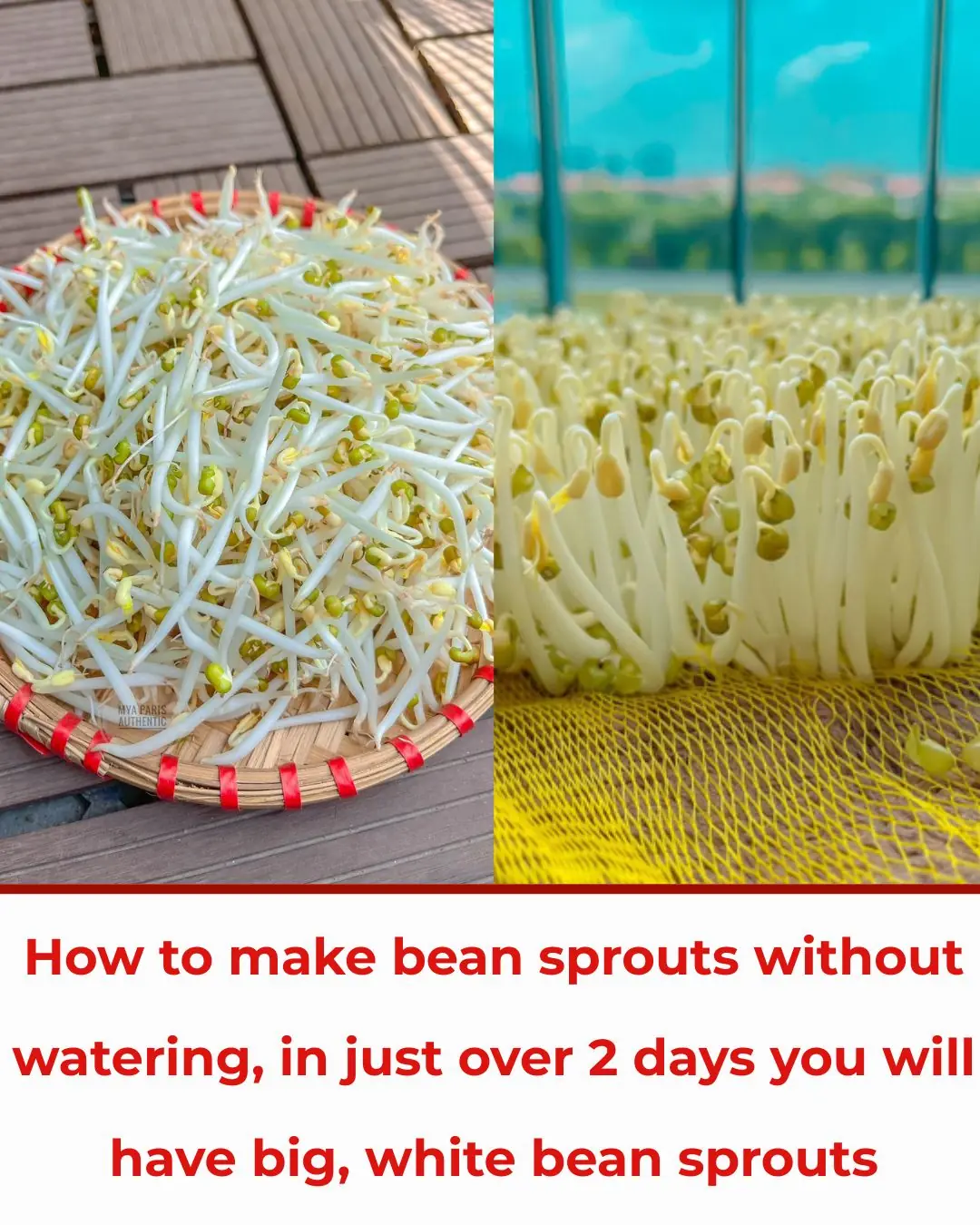
How to make bean sprouts without watering, in just over 2 days you will have big, white bean sprouts

The 'immortality' vegetable grows wild in gardens and is extremely good for the lungs, but Vietnamese people dislike its strange smell so they rarely use it.

Eat okra regularly: These are the "golden" benefits that you should not ignore.
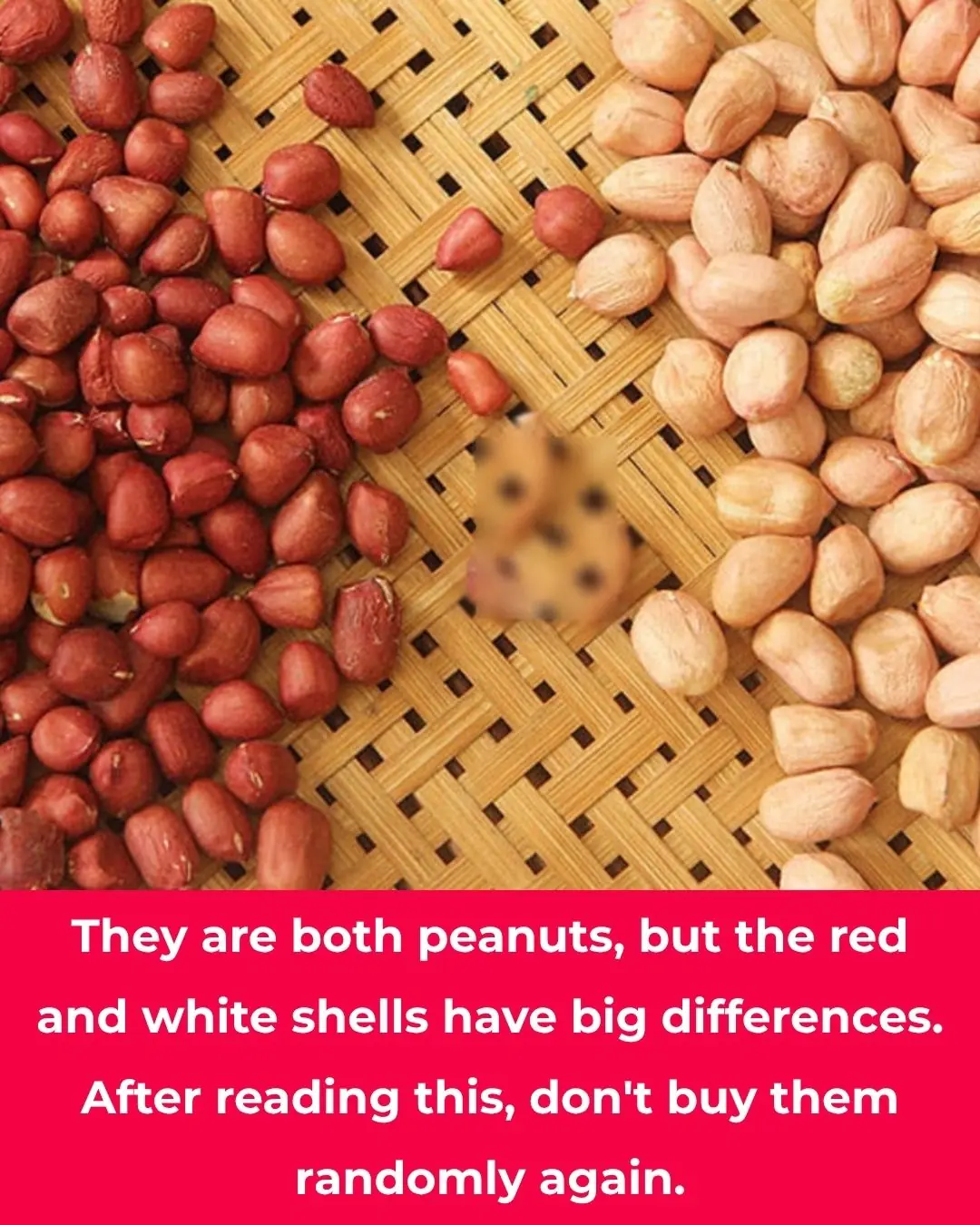
They are both peanuts, but the red and white shells have big differences. After reading this, don't buy them randomly again.
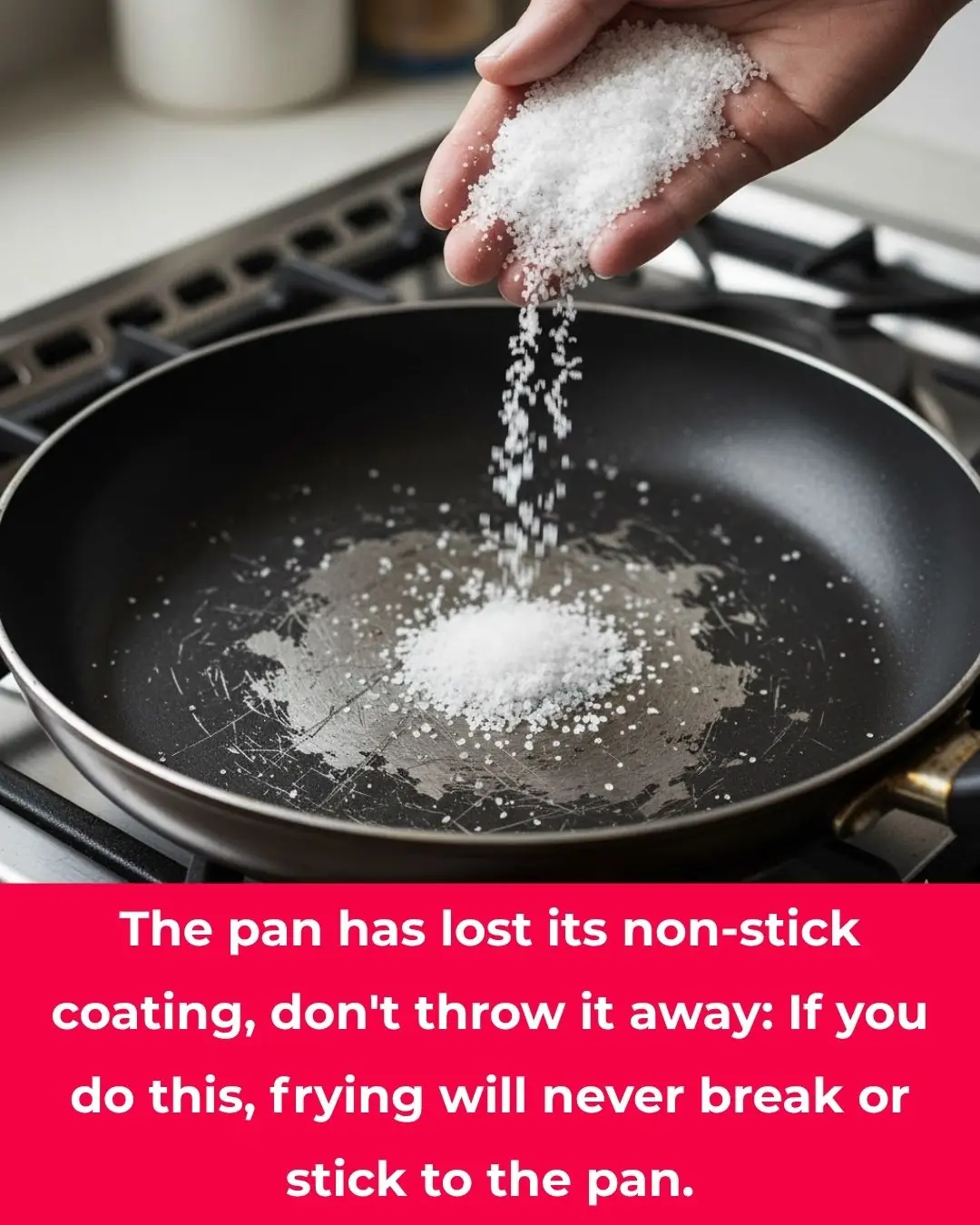
The pan has lost its non-stick coating, don't throw it away: If you do this, frying will never break or stick to the pan.
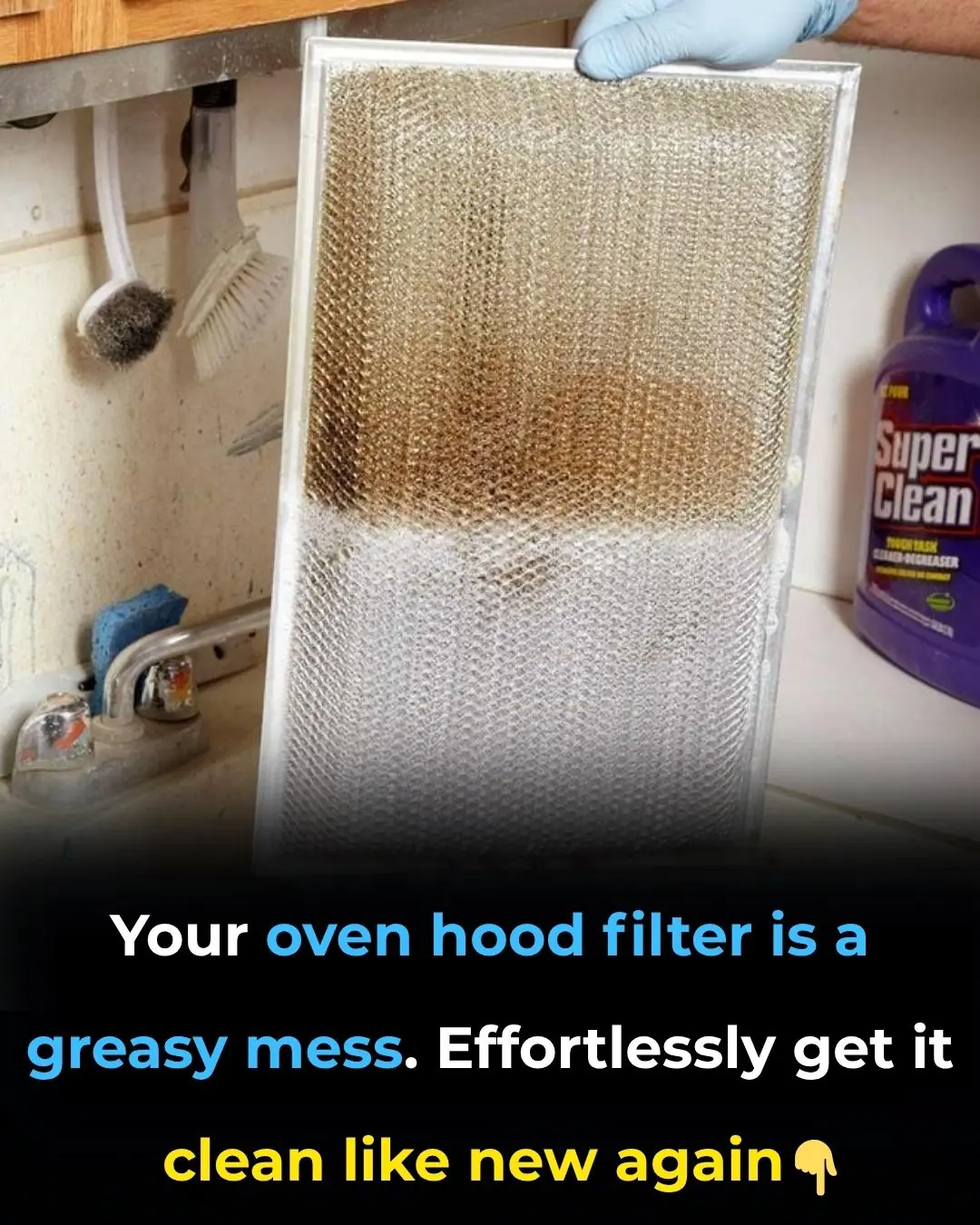
Your oven hood filter is a greasy mess. Effortlessly get it clean like new again
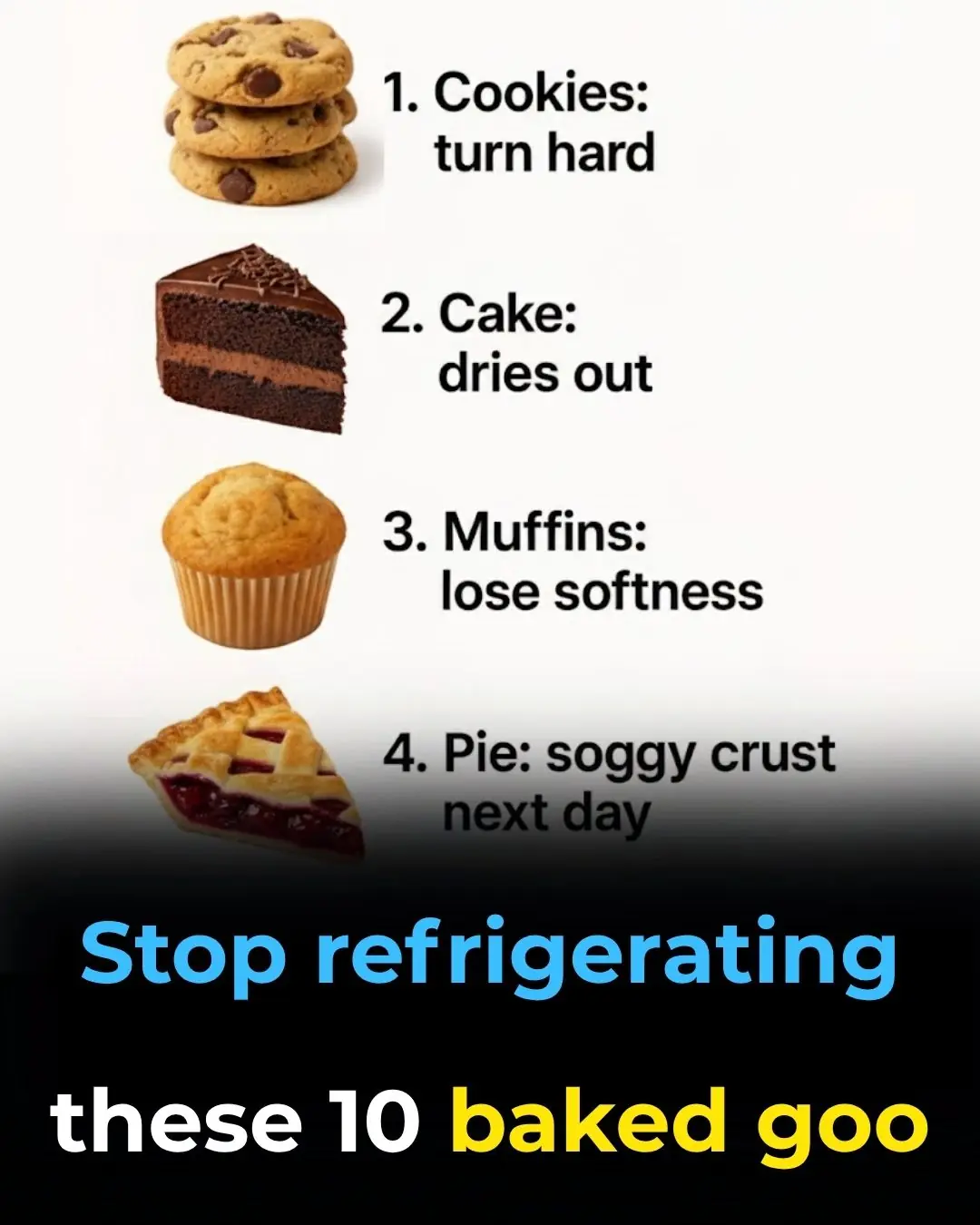
Stop refrigerating these 10 baked goods
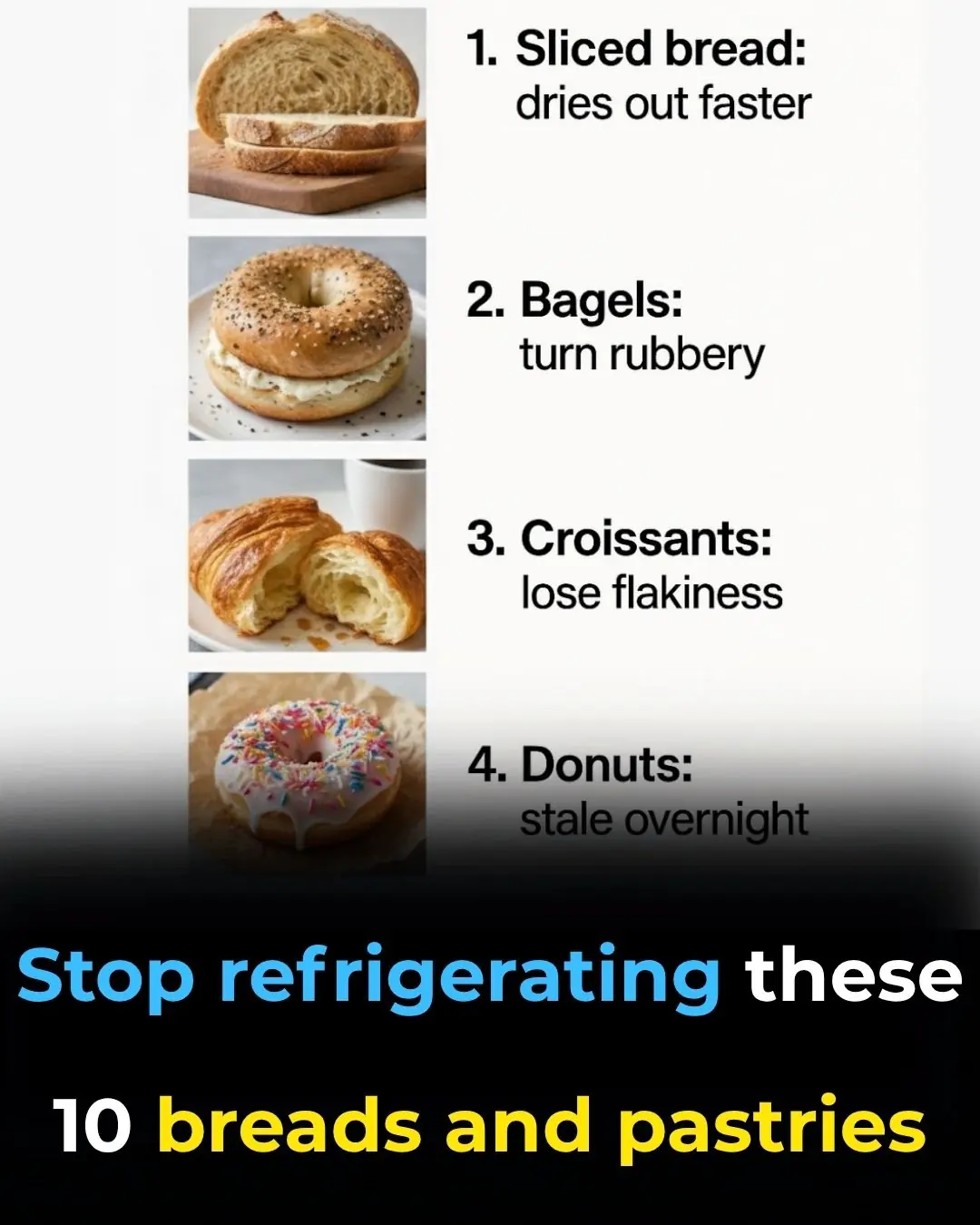
Stop refrigerating these 10 breads and pastries
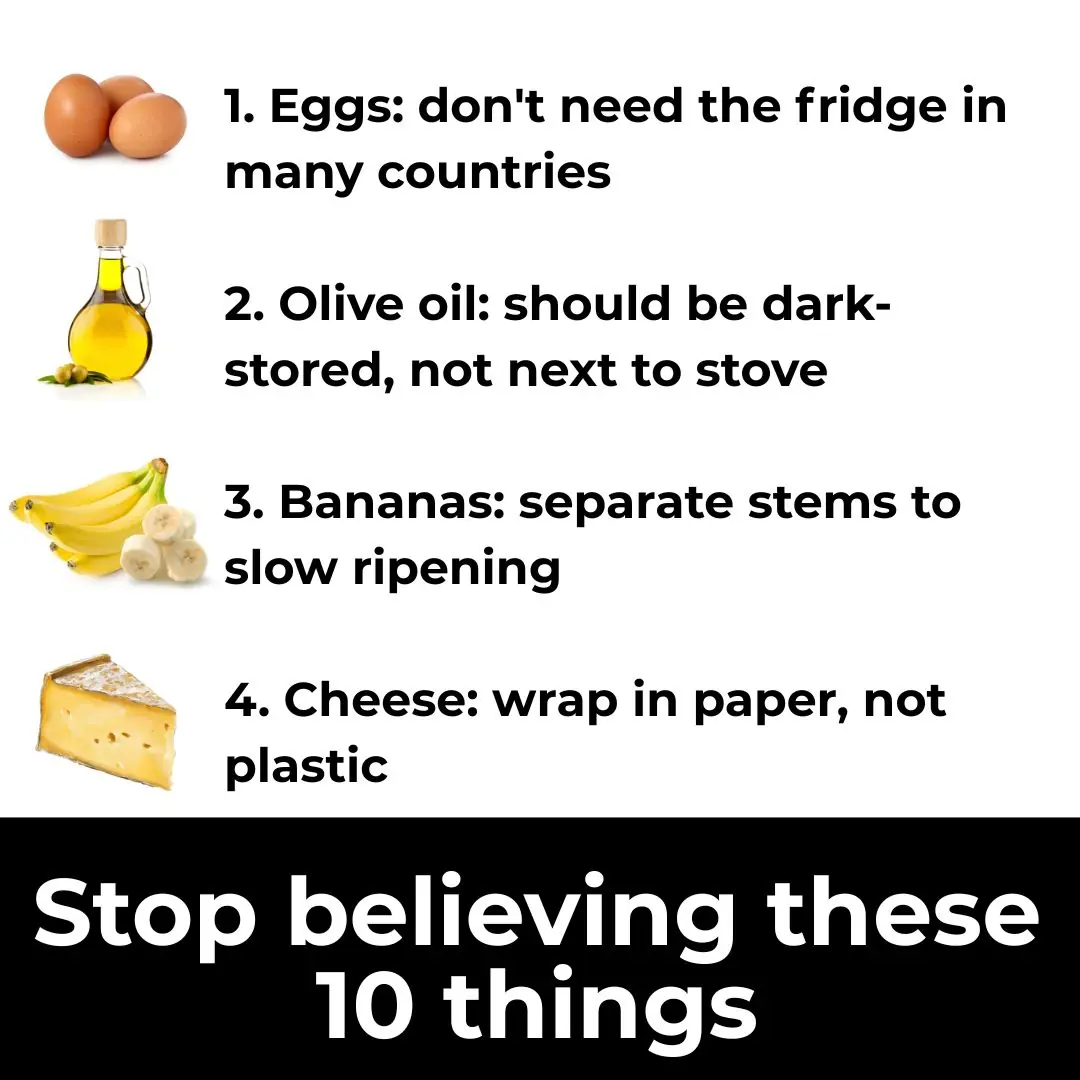
Stop believing these 10 things
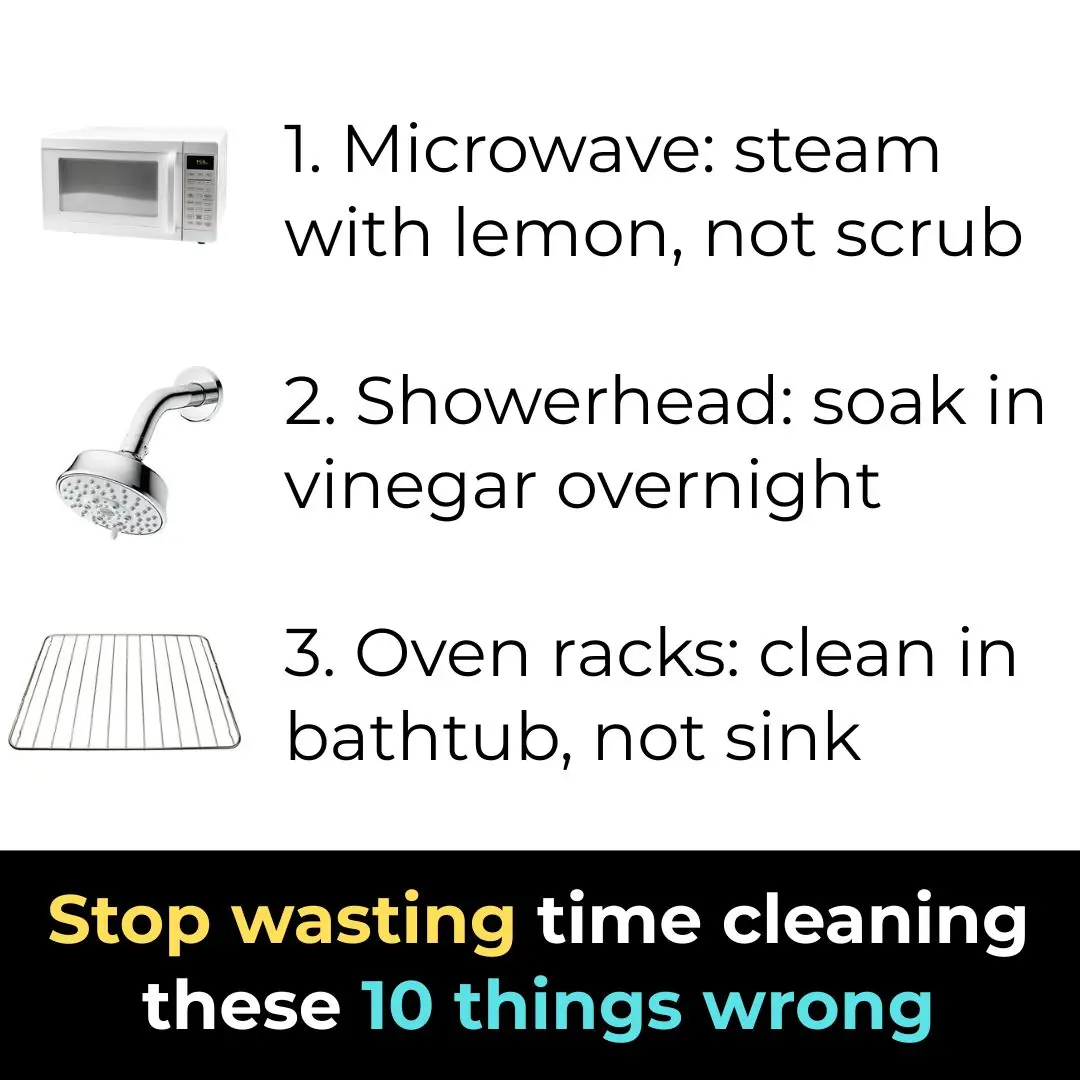
Stop wasting time cleaning these 10 things wrong
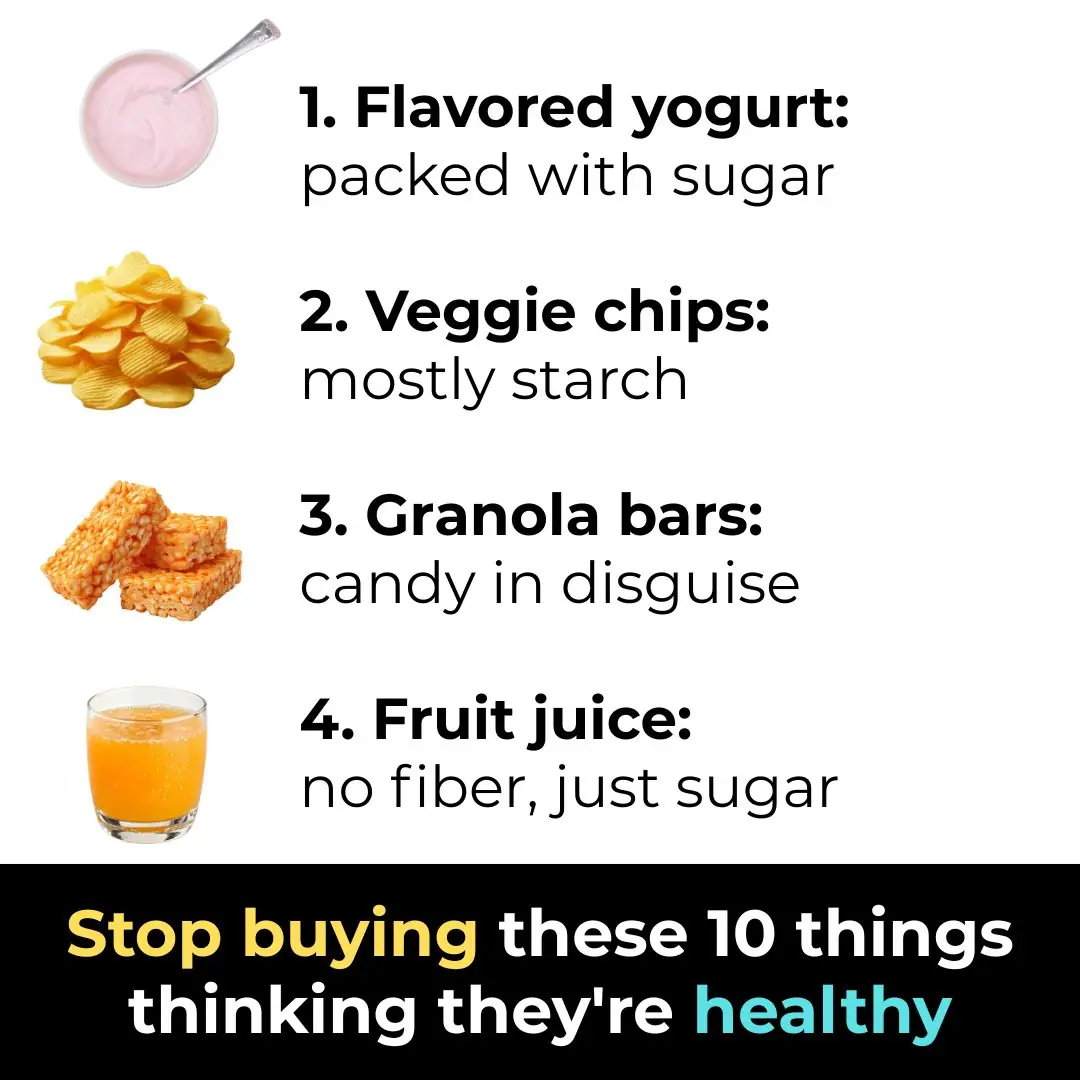
Stop buying these 10 things thinking they're healthy
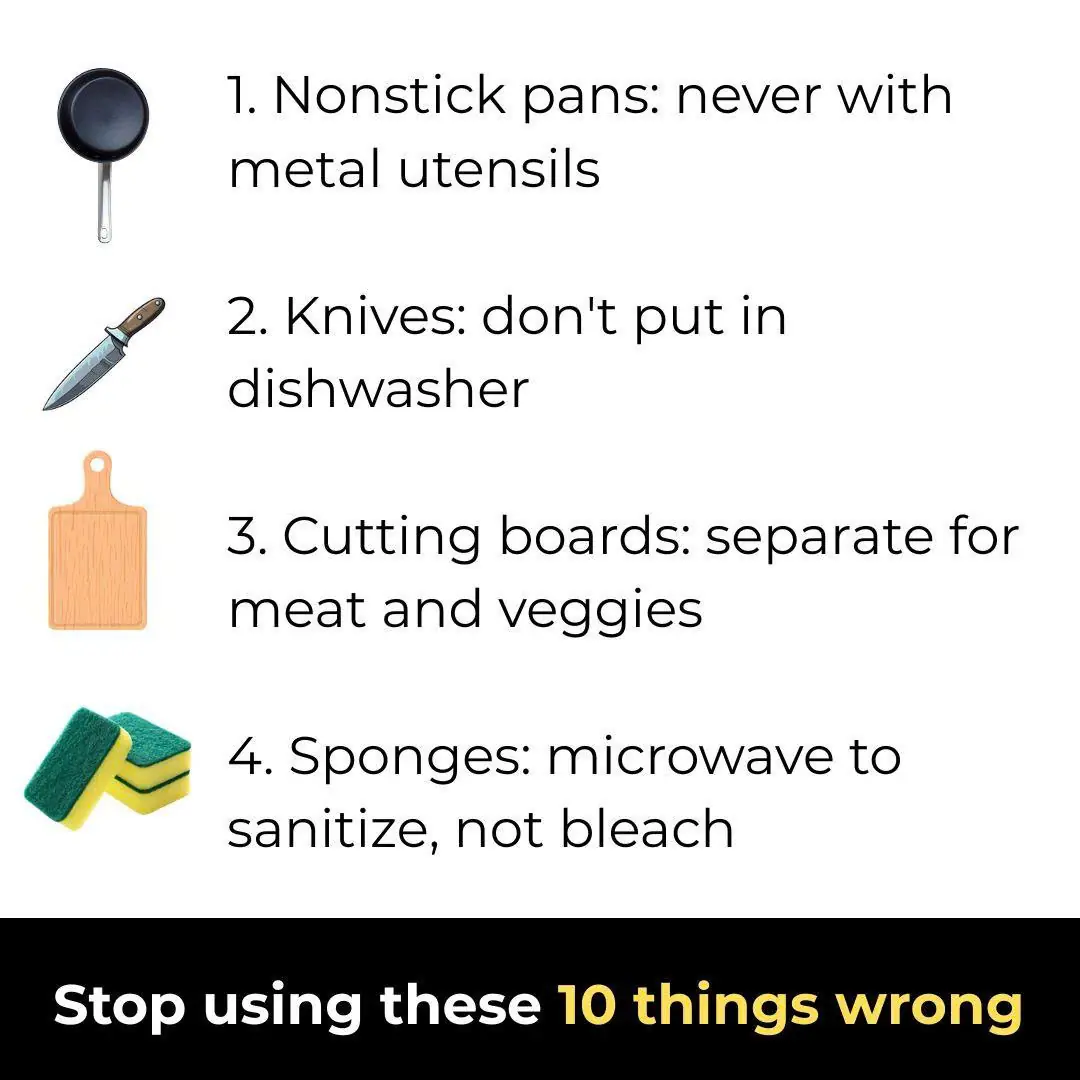
Stop using these 10 things wrong
News Post
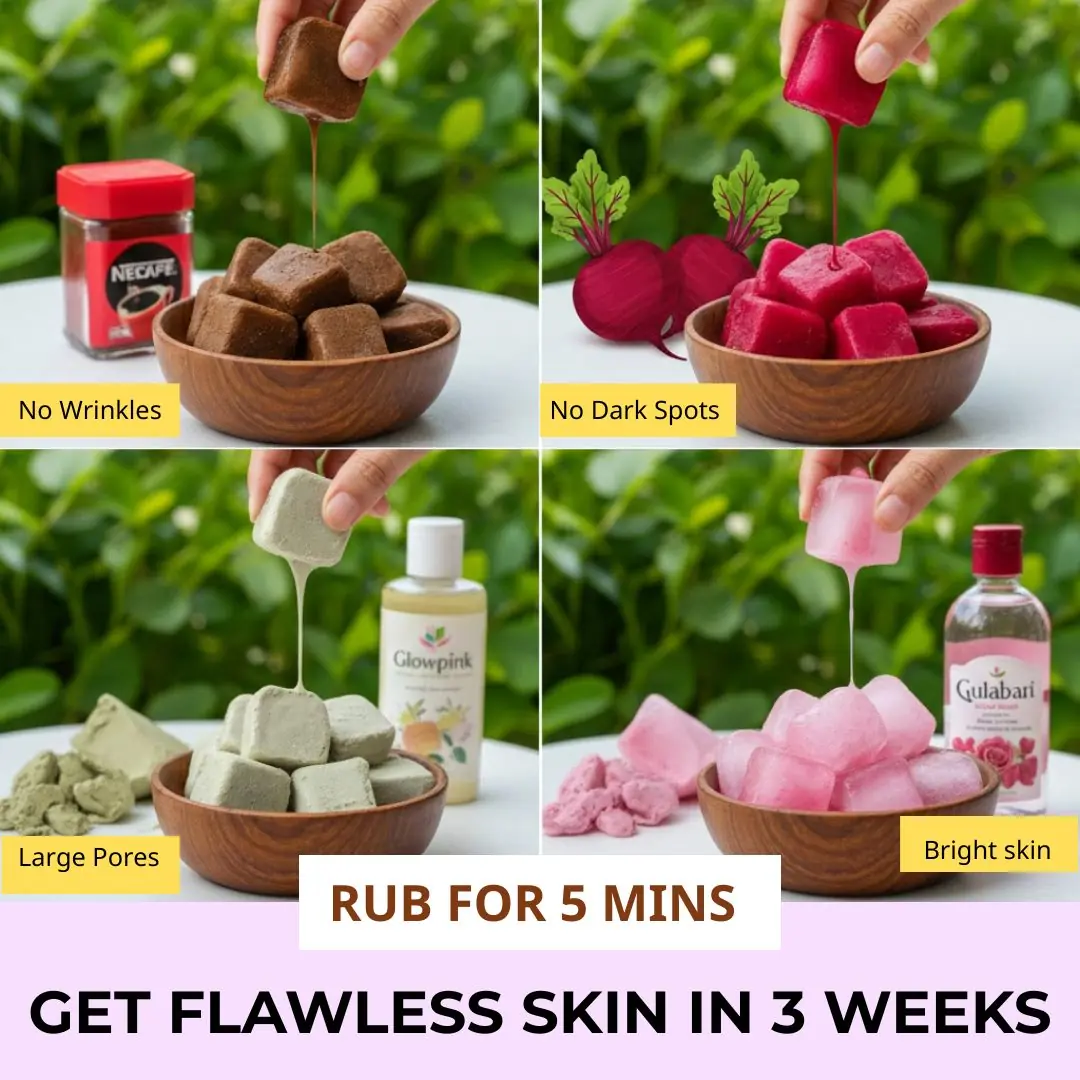
10 DIY Beauty Cubes for Beautiful & Flawless Skin

Help! My 8-year-old was bitten by this strange bug, and I’m really worried. My sister-in-law nearby has seen similar ones. Any idea what it is?

You’re doing it all wrong. Here’s the right way to wash pillows
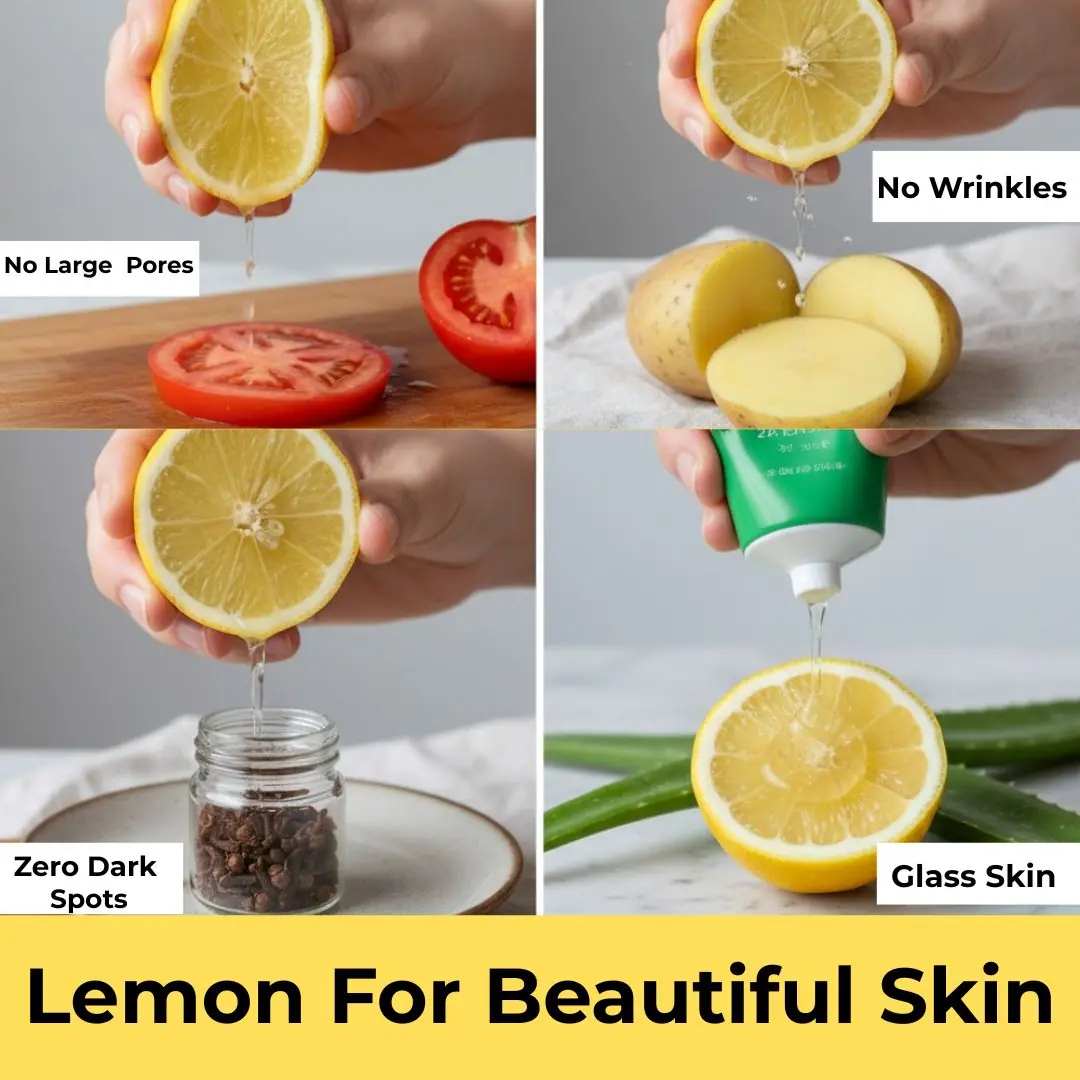
7 Best Ways To Use Lemon For Beautiful Skin

Horse Chestnut: The Strongest Natural Remedy for Swollen Legs and More…
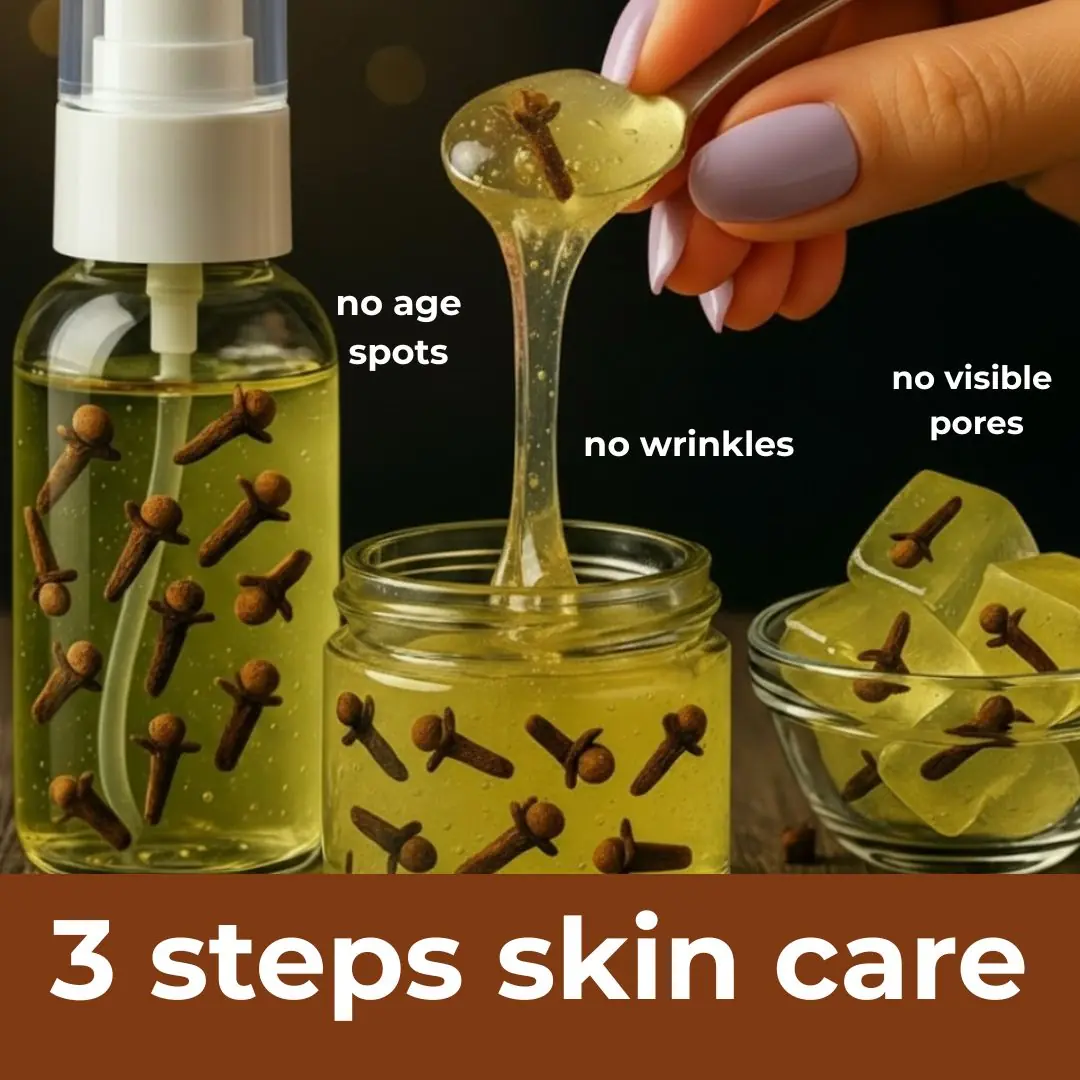
3 Steps Night Skin Care With Cloves

These ideas are brilliant

You’re doing it all wrong. Here’s the right way to use baking soda around home

You’re doing it all wrong. Here’s the right way to unclog a drain
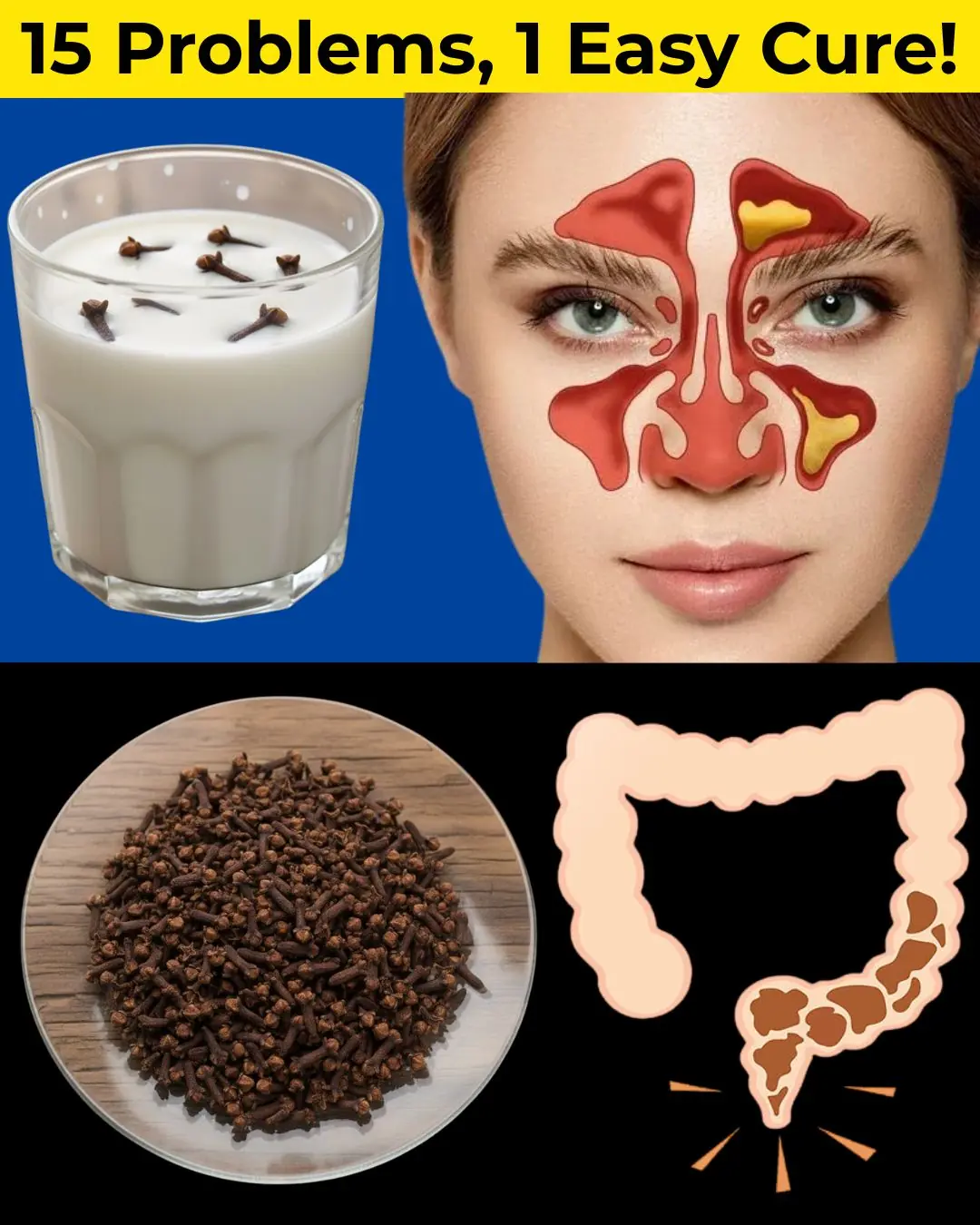
Old Doctor’s Remedy: Almond Milk with Cloves Treats 15 Health Problems in Just 1 Week

Most do this wrong. 10 things that make mold grow faster

Doctors reveal that eating okra causes...

Take lemon and garlic on an empty stomach for 7 days — unclog your arteries
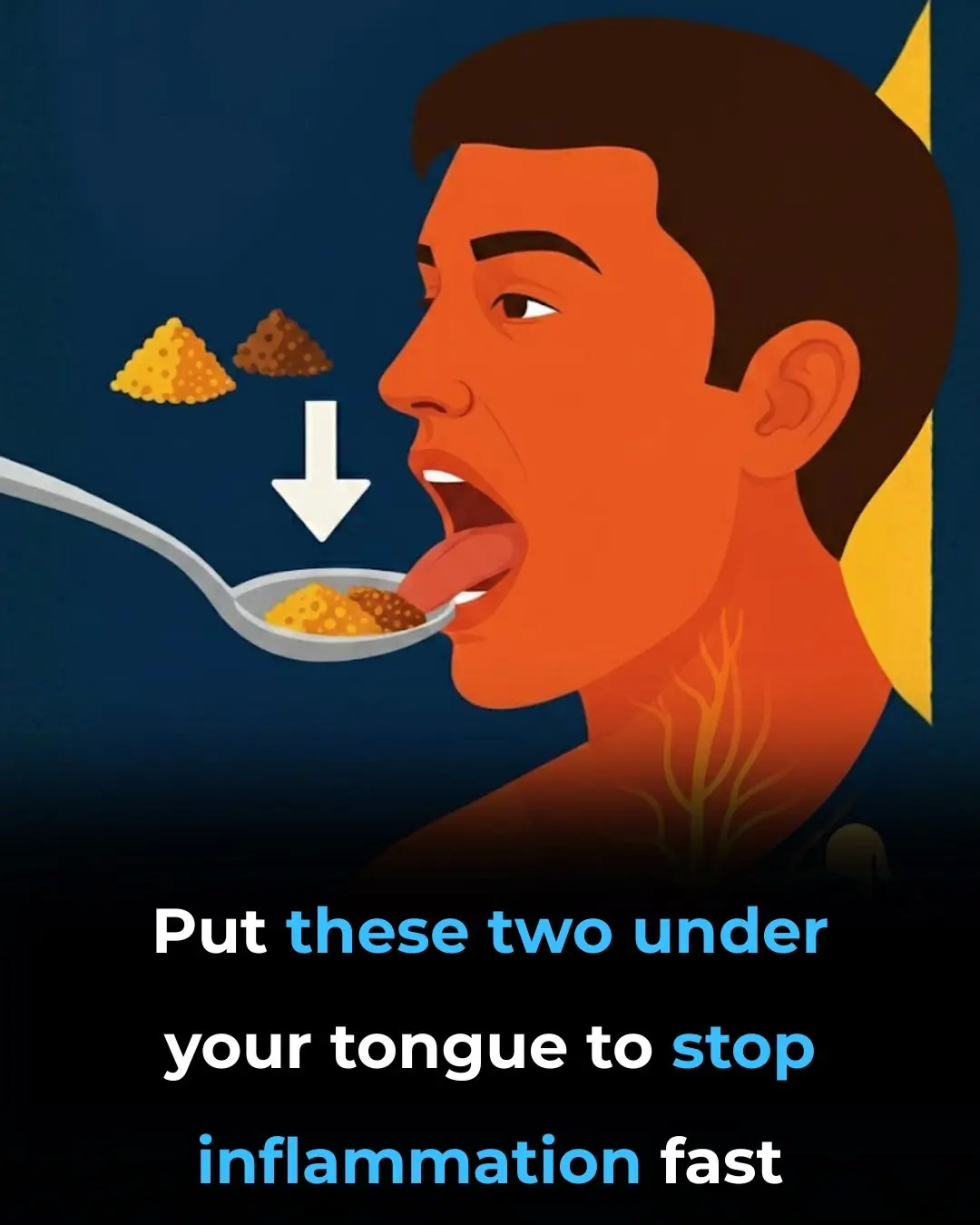
Put these two under your tongue to stop inflammation fast
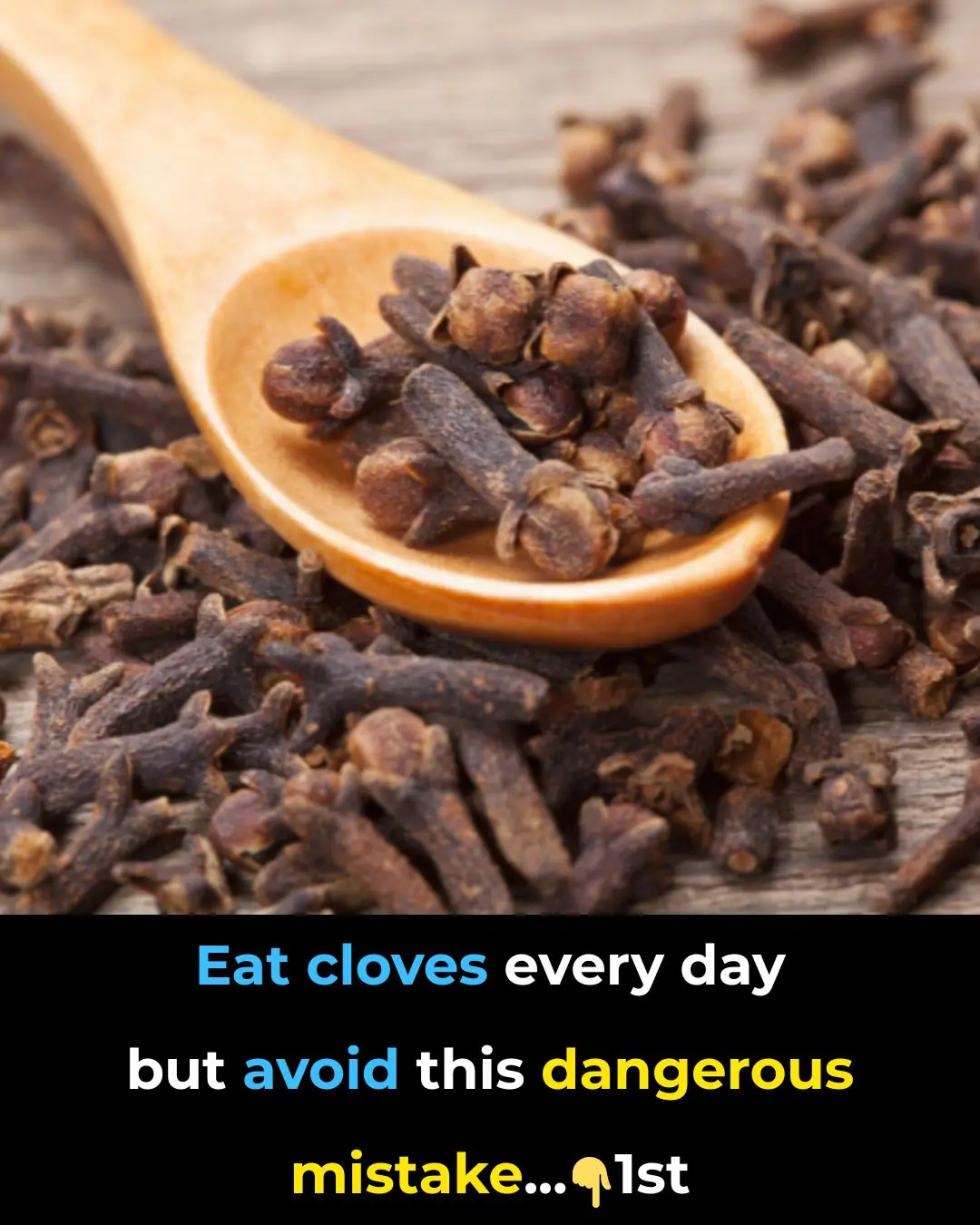
Eat cloves every day, but avoid this common mistake!

How to make bean sprouts without watering, in just over 2 days you will have big, white bean sprouts

The 'immortality' vegetable grows wild in gardens and is extremely good for the lungs, but Vietnamese people dislike its strange smell so they rarely use it.

Eat okra regularly: These are the "golden" benefits that you should not ignore.
